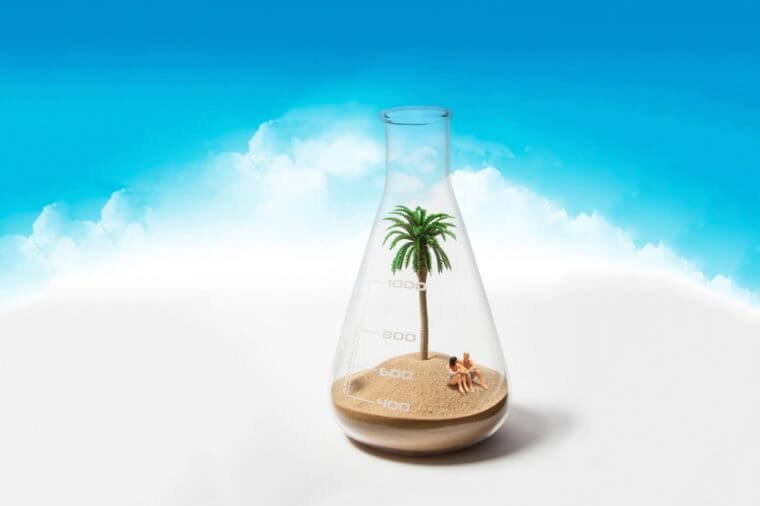Narrow to a pair
Like an all-you-can-eat breakfast buffet, vacation options can be too much of a good thing. Do you take a cruise in the Caribbean? A hike through the Rockies? A food tour in New Orleans? Research has shown that when the human mind encounters too many options, it shuts down. Psychologist Barry Schwartz calls it the paradox of choice. Some choice is better than none, he says, but it doesn’t hold that more is always better than less. So before making the final decision on where to go, narrow down your choices to just two options. You’ll forget all the others and feel confident that you picked the best one.
Think far, far ahead
A weeklong trip to Disney World is actually composed of three things, according to behavioral economist Dan Ariely: months of anticipation, the trip itself, and the nostalgia
you experience for years afterward. To maximize your enjoyment, you should cater to all three stages. Airfare is cheapest approximately 54 days before a domestic flight, according to a study from cheapair.com, so it’s wise to hold off on finalizing plans until then. But you can still browse hotels or take virtual Mad Tea Party rides on YouTube months before that. One 2010 Dutch study found that people were happier before a trip than they were after they returned. That’s because anticipation is a powerful thing—it’s essentially the same reason you’re happier on Friday than on Sunday.

Longer trips aren’t better
Behavioral economist Daniel Kahneman argues that we’re made up of two selves: our experiencing self and our remembering self. The experiencing self lives in the moment. The remembering self lives in the past. Our remembering self has a hard time telling a one-week vacation from a two-week one because, as Kahneman says, “there are no new memories added. You have not changed the story.” From the perspective of the remembering self, short and long vacations are effectively equal. If you are looking to save some money, shorter is the way to go.
Explore first, savor second
Brian Christian, a computer scientist and the coauthor of Algorithms to Live By, says probability can help us decide when to try new things and when to stick with the familiar. It’s called the explore/exploit trade-off (exploit here is a computing term that basically means “savor”). “One should generally be more exploratory at the start of a vacation … and more ‘exploitative’ at the end,” he explains. This is because your chances of finding a place or an experience that you like better than the ones you’ve already tried go down as time passes. Everything is new on day one, so embrace that. By day seven, you’ll have the highest odds of enjoying yourself if you revisit one of your favorite spots from earlier in the trip. There’s just one exception …
Save one great thing for last
Another finding from Kahneman is the so-called peak-end rule: People remember the peak and end of a given event best. If I gave you a list of names, for instance, you’d probably remember the most unique names and the names that appeared at the end of the list. Vacations work the same way. If you can, schedule the zip-lining or big winery tour toward the middle of the trip, since you’ll remember it anyway as a “peak.” Then make sure you’ve saved something equally as amazing for the end.
Reminisce a lot
If a rafting trip got you fired up, tell all your friends about it over coffee after you get back. Research on happiness suggests that people can preserve how they feel about an experience by talking about it. A 2015 study even found that people reported greater happiness levels when they talked about their experiences rather than their material purchases. It’s a surefire way to keep the joys of vacation alive in the months after you’ve returned to your cubicle.












